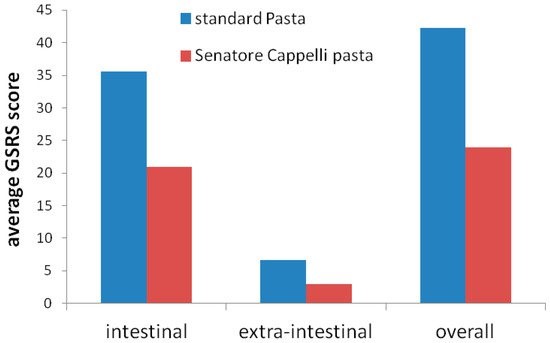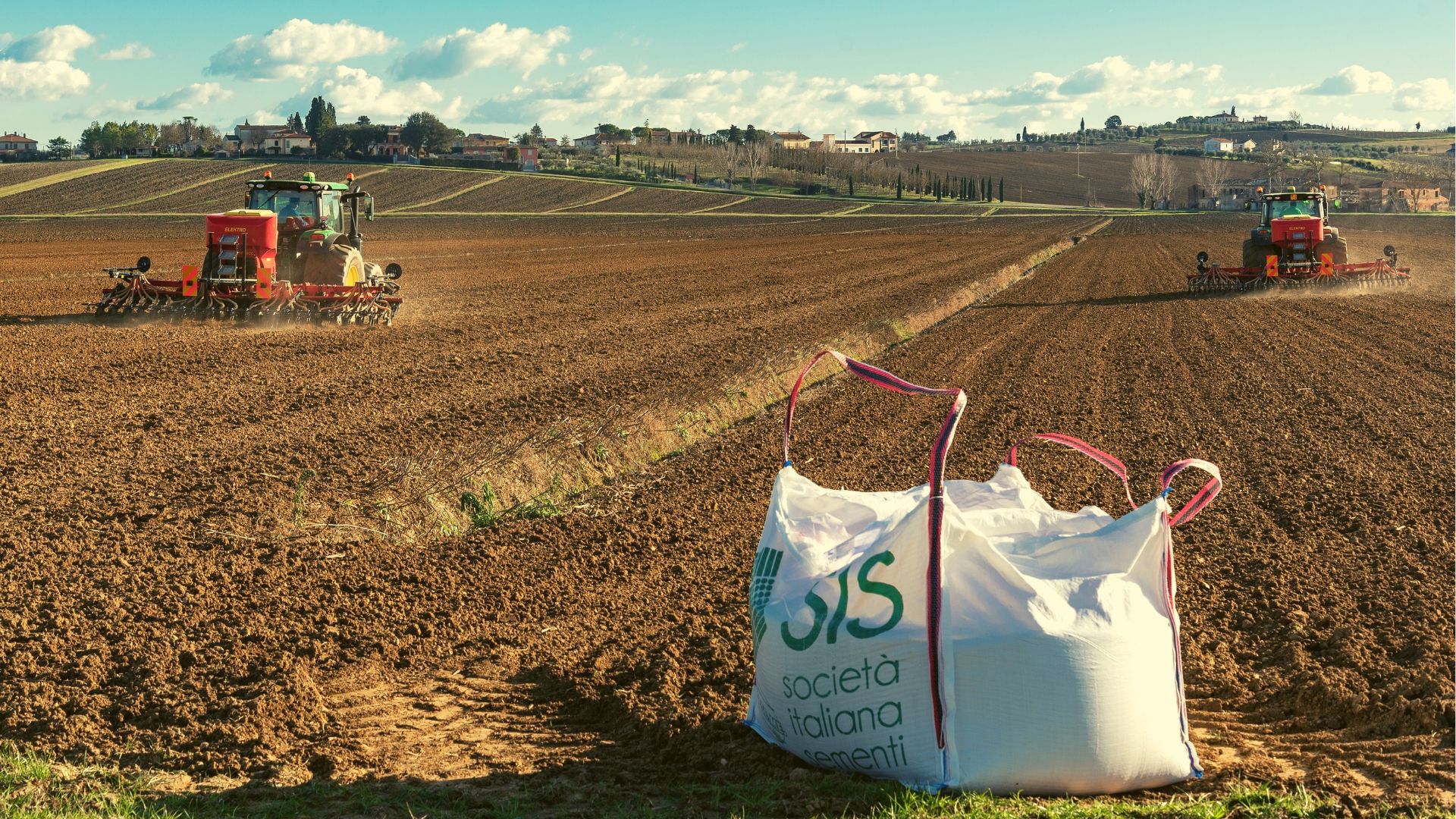The team of gastroenterologists at the Foundation Polyclinic University A. Gemelli in Rome has conducted research to compare the effects of an organic durum wheat variety with those of standard commercial wheat. In the sample of patients with non-celiac gluten sensitivity, lower scores were found on overall symptoms and, in particular, on gastrointestinal and extra-intestinal symptoms, after eating Senatore Cappelli pasta.
Increased Celiac Disease and Gluten Sensitivity
In recent years, more and more people are experiencing problems with gluten; often it’s a real pathology that affects the immune system, celiac disease, but just as often the symptoms express a gluten sensitivity. This protein, of low nutritional value, has the task of giving more elasticity to the preparations of wheat flour, barley, rye, spelled, Khorasan wheat, spelled and triticale based and, in those who have a genetic predisposition to the disease, it becomes the factor triggering that leads to more or less serious pathological consequences. Instead the cases of gluten sensitivity are manifested by a strong intestinal inflammation which causes an alteration of the bacterial flora and a series of chain reactions that generate a persistent malaise. As we said the cases are increasing and the cause is due to the modification of the foods we consume. In fact, the grain with which most of the flour and pasta of daily use is produced, is a cereal that, like others, has been selected from years of intensive farming obtaining grains with a high gluten content. Consequently, today more and more people are eliminating glutinous products from their diet. But for all those who want to prevent this state of sensitivity and continue to eat a good dish of pasta, the identification of more tolerable wheat varieties could be extremely interesting as, having not undergone industrial selection, they remained intact and more digestible because they maintain the right balance of gluten, starches and, above all, nutrients. Like the Senatore Cappelli pasta from “Le Stagioni d’Italia” produced with an ancient variety of Italian durum wheat, recovered and selected in purity by S.I.S. – Società Italiana Sementi of Bologna. A high-quality product, tested by a team of gastroenterologists at the Foundation Polyclinic University A. Gemelli in Rome, specifically on the effects on the digestive system.
A Study of Relevant Scientific Value

The aim of the study https://www.mdpi.com/2072-6643/11/4/712/htm was to compare the effects of Senatore Cappelli wheat variety with those of a commercially available wheat product – originating from Italy and other European and non-European countries and milled in Italy – in subjects with non-celiac gluten sensitivity. The study, designed as a double-bind randomised, controlled cross-over trial, was performed on a sample of 42 patients (mean age 45 years,8 men) with non-celiac gluten sensitivity that have adhered to a gluten-free diet for at least 12 weeks from screening. Enrolled subjects were randomly assigned to two groups of treatment. For the first two weeks one group consumed 100 grams of standard commercial pasta a day and the other group 100 grams of pasta obtained from Senatore Cappelli durum wheat variety. Packages of both type of pasta were identical and did not permit to recognize the type of pasta. In the following two weeks all patients returned to their usual gluten-free diet. Subsequently, each patient crossed over to the other treatment group for another two weeks and so on, alternately throughout the study period. Only 34 patients completed both study treatments. After 3 months of testing and analysis, the results surprised the same doctors: patients reported lower overall, intestinal and extra-intestinal symptoms scores after eating Senatore Cappelli pasta. The reasons have been identified in the best nutritional characteristics of the Senatore Cappelli wheat variety (higher content of fiber, protein and micronutrient. A result that, from the scientific point of view, assigns an important value to the use of the ancient variety of Senatore Cappelli wheat.



